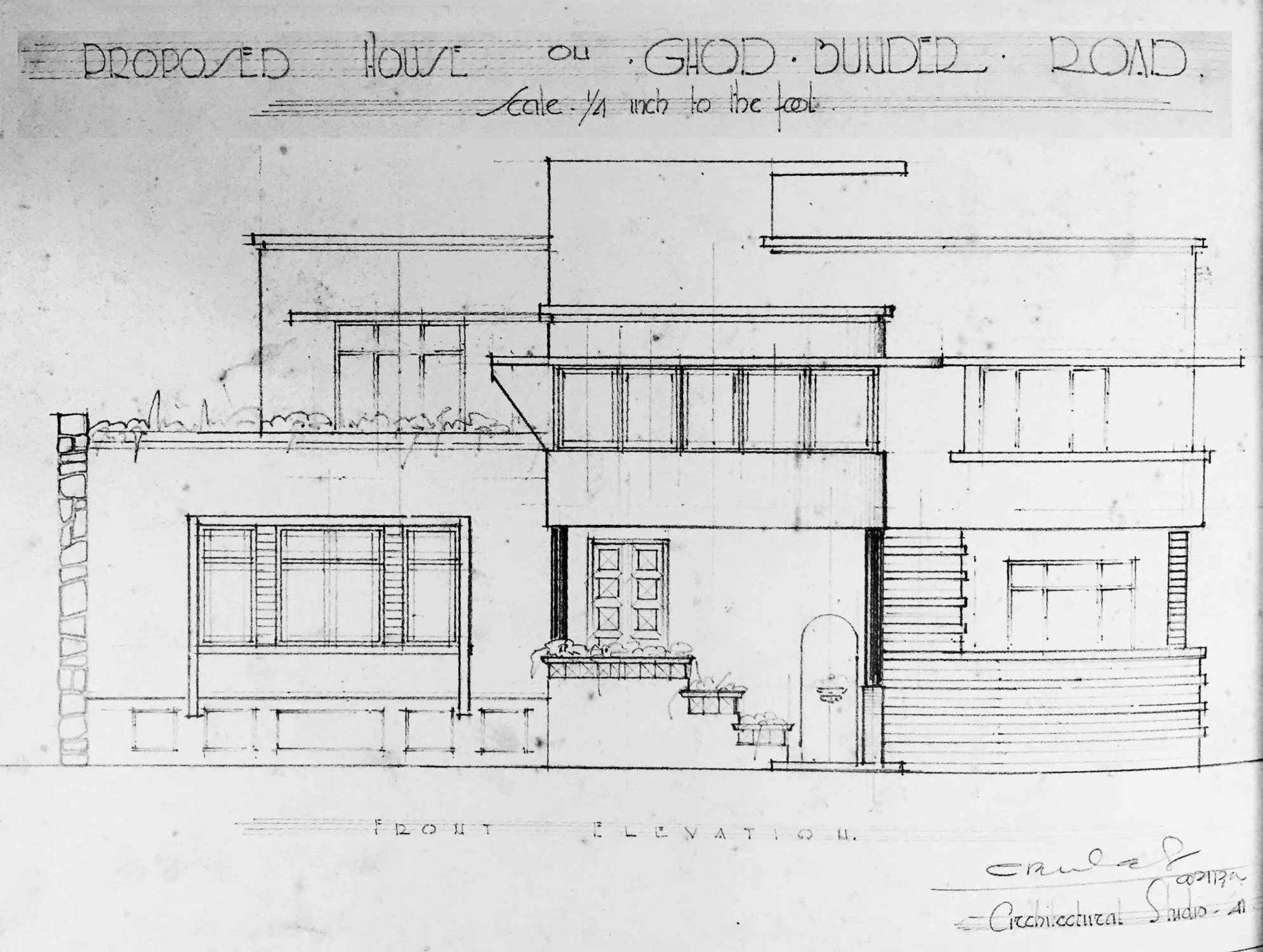This list is a record of all the key players: artists, architects, engineers and contractors, who played a crucial role in shaping the recently inscribed UNESCO World Heritage Site, “Victorian Gothic and Art Deco Ensembles of Mumbai”.
FOREIGN ARCHITECTURAL INFLUENCERS
19th Century

DAVID E. GOSTLING
Partnered with F.W. Stevens to set up the firm ‘Gostling & Stevens’. In 1902, he established the firm Gostling & Chambers which by 1905 was called Gostling Chambers & Fritchley.
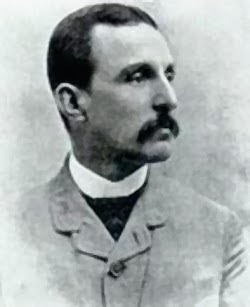
FREDERICK WILLIAM STEVENS
Bombay’s foremost neo-Gothic architect. He is known as the architect of Chhatrapati Shivaji Maharaj Terminus formerly known as Victoria Terminus. Architect of Western Railway Headquarters Offices formerly known as BB&CI Indian Railway Offices & Maharashtra Police Headquarters formerly known as Royal Alfred Sailors' Home.

GENERAL HENRY ST. CLAIR WILKINS
Architect of Public Works Department Building and City civil & Sessions Court formerly known as the Old Secretariat.
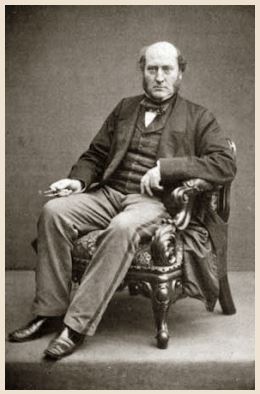
GEORGE GILBERT SCOTT
Famous practitioner of Gothic architecture, especially in Britain. He is known for designing the buildings within the University complex.

GOSTLING & STEVENS
Firm formed in partnership between F.W. Stevens and D.E. Gostling. Architects for The Army Navy Building and Standard Chartered Bank building formerly known as Grindlays Bank.
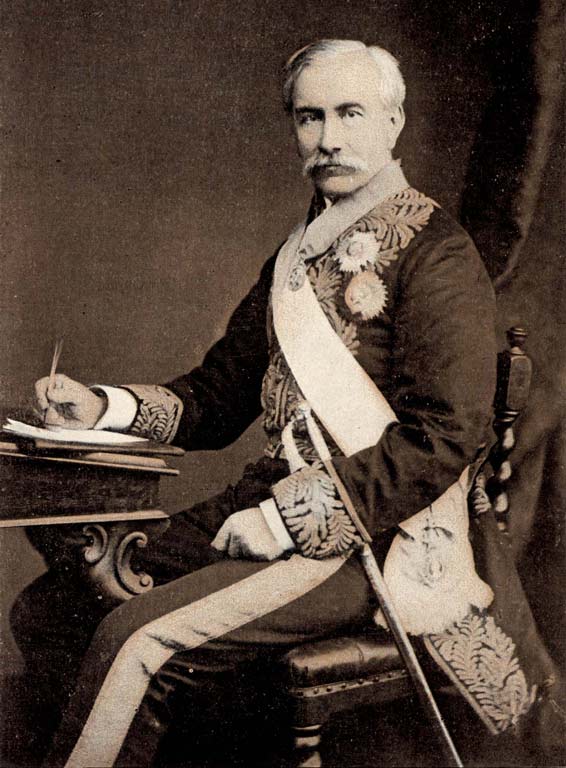
HENRY BARTLE FRERE
Governor of Bombay (appointed in 1862) and Gothic enthusiast. He ordered the demolition of the Fort Walls.

JAMES TRUBSHAWE
Architectural Secretary to the Government in 19th century. Defined the building development codes for the city with T. R. Smith

JOHN A. FULLER
Supervised the construction of the University Complex when he was the Architectural Engineer to the Government. Also, the Architect of Bombay High Court.
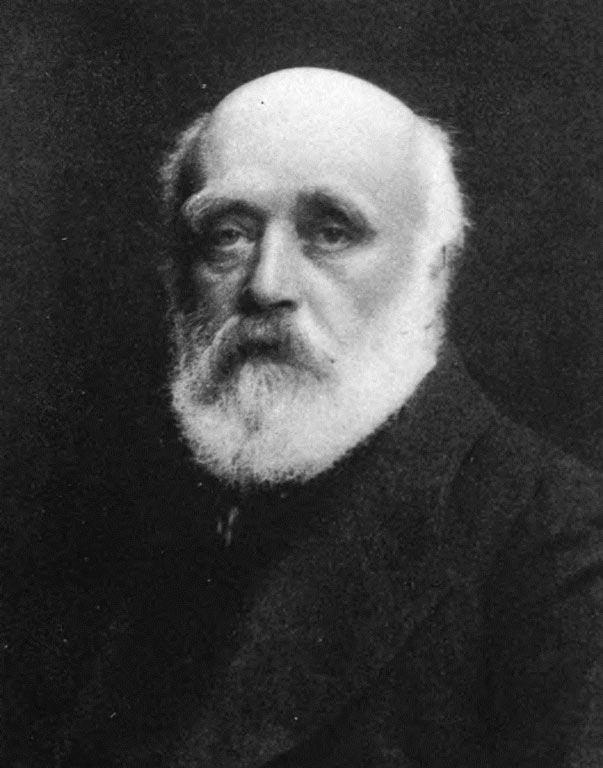
JOHN LOCKWOOD KIPLING
Professor of architectural sculpture at J. J. School of Arts (1865-75). He worked on the University Complex and the Maharashtra Police Headquarters formerly known as Royal Alfred Sailors' Home, with his students from J.J. School of Arts.

ROWLAND MASON ORDISH
Engineer commissioned by John H. Watson to build Mahendra Mansion formerly known as Watson’s Hotel.

SCOTT, McCLELLAND & CO.
Architect of David Sassoon Library & Reading Room formerly known as David Sassoon Mechanics Institute and Library.

T. R. SMITH
Lecturer at the Royal Institute of British Architects (RIBA), professor at University College, London & influential member of the Architectural Association, London. Defined the building development codes for the city with James Trubshawe
20th Century

CHARLES FREDERICK STEVENS
Son of F. W. Stevens, born in Bombay and started his own architectural practice in early 20th century. He is known as the architect of Regal Cinema.
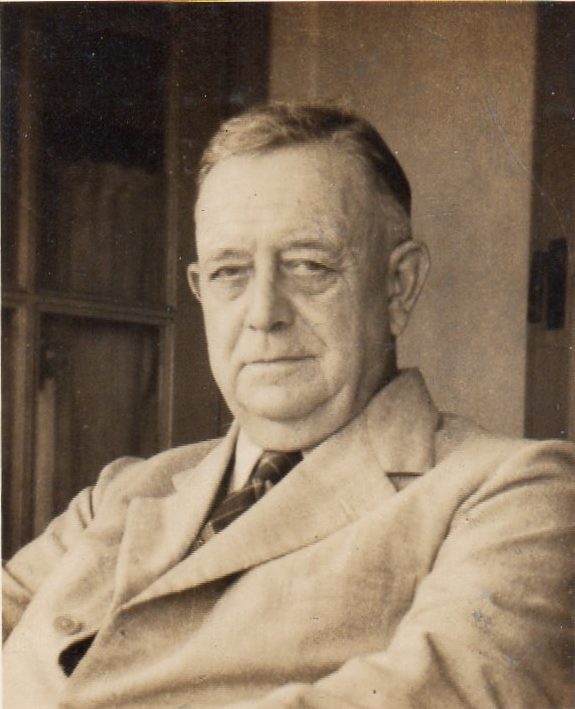
CLAUDE BATLEY
English architect, a successful practitioner, academician, Head of the architecture department of J.J. School of Arts (1923-43) & name partner at the architectural practice of Gregson, Batley & King.
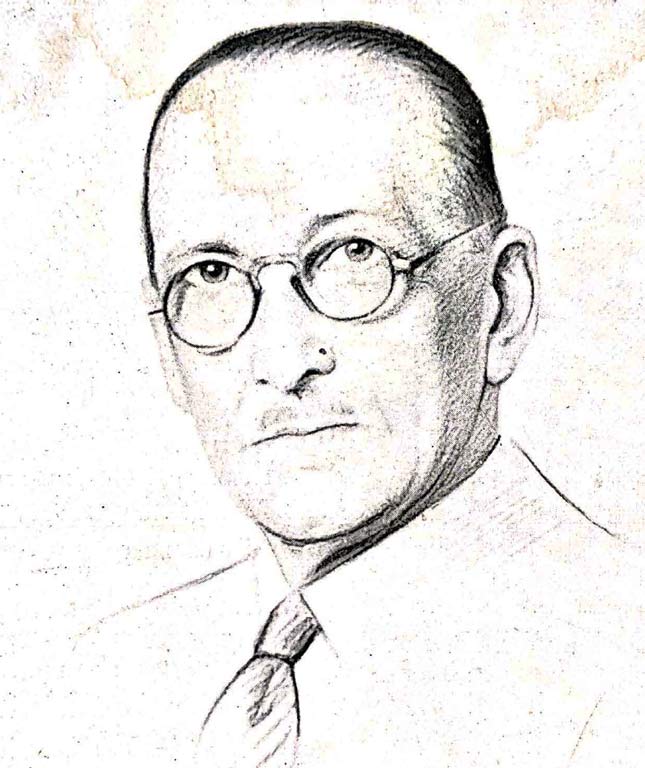
DAVID WILLIAM DITCHBURN
Reputed architect who came to Bombay after World War I. He merged his practice with Mistri & Bhedwar after the demise of the last surviving partner then to form the architectural firm Ditchburn, Mistri & Bhedwar.

DITCHBURN, MISTRI & BHEDWAR
An architectural practice established by the merger of individual practice of Ditchburn with the well-reputed architectural firm of Mistri & Bhedwar. Architects for Hong Kong Bank Building in association with John A. Ritchie & his partner L. Palfi.
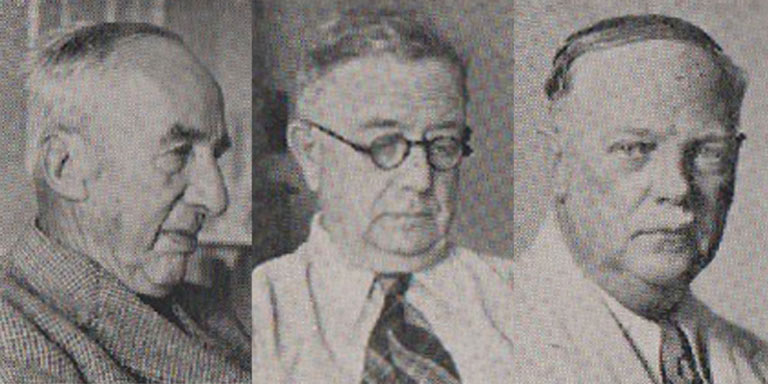
GREGSON, BATLEY & KING
Well-established architectural firm with name partners TS Gregson, Claude Batley and H. Foster King. Practice responsible for building Bank of India, Cricket Club of India and Windsor House.
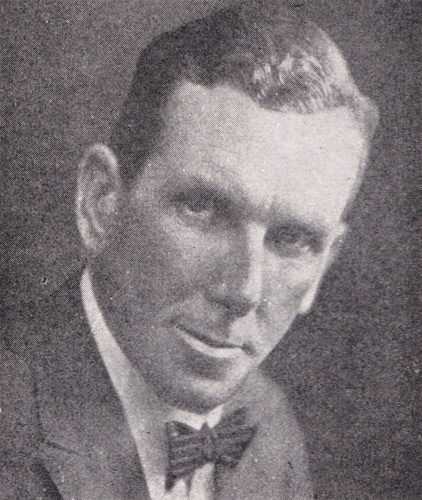
GEORGE WITTET
Scottish-born architect, Consulting Architect to Bombay (1907 - 1919) and 1st president of the Indian Institute of Architects. Architect of Chhatrapati Shivaji Maharaj Vastu Sangrahalaya formerly known as Prince of Wales Museum, Institute of Science and Sir Cawasji Jahangir Hall (NGMA).

JOHN A. RITCHIE
Architect of Hong Kong Bank Building formerly known as the Mercantile Bank of India. He worked on this project with his partner L. Palfi in association with Ditchburn, Mistri & Bhedwar.

JOHN L. MULVANEY
Architect who designed Oval View, Ram Mahal and Shalimar within the precinct.

W. A. CHAMBERS & COMPANY
Architectural firm that designed Majestic Aamdar Nivas formerly known as Majestic Hotel, an Indo Saracenic building near Wellington Circle.
INDIAN ARCHITECTURAL INFLUENCERS
19th Century
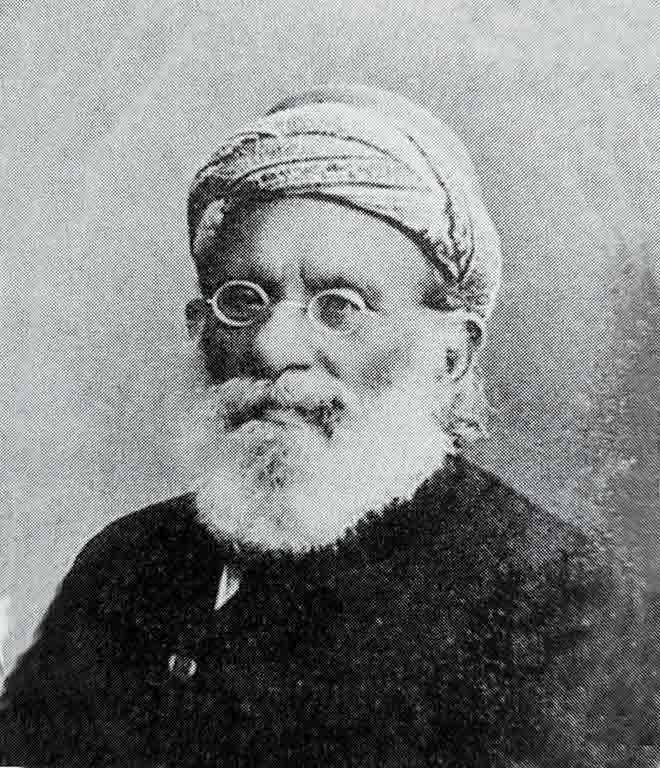
KHAN BAHADUR MUNCHERJEE COWASJEE MURZBAN
Only Indian architect/engineer who gained recognition for his contribution in late 19th century. Architect of Elphinstone College.

MUCCOOND RAMCHANDER
Indian engineer who supervised the sculptural schemes of the buildings in the University complex.

RAOSAHEB SITARAM KHANDERAO VAIDYA
Assisted F. W. Stevens during the construction of Western Railway Headquarter Offices formerly known as BB&CI Indian Railway Offices, in late 19th century. He later is commissioned to design the iconic Taj Mahal Palace Hotel.
20th Century

BHEDWAR & BHEDWAR
Architectural firm with Sohrabji Bhedwar and his brother C. K. Bhedwar as name partners. Commissioned to build Queens Court, Green Fields, and Eros Cinema.

CONTRACTOR & KANGA
Firm that was commissioned to build Empress Court. with G.B. Mhatre as consulting architect.
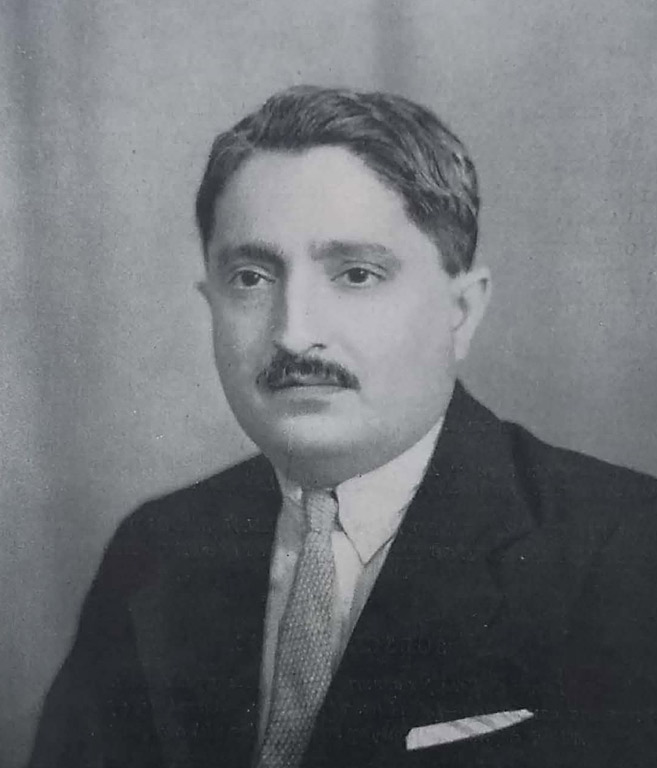
CHIMANLAL MOTIRAM MASTER
One of name partners of the first all Indian-led architectural practice Master, Sathe and Bhuta. He was also actively engaged with the architectural department of J.J. School of Arts & served as head of department from 1943-48.
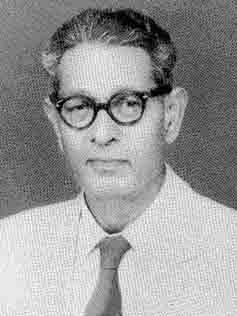
GAJANAN B. MHATRE
Prolific architect who worked as a consulting architect with various architectural/engineering firms in the city & through his works such as Empress Court, Moonlight, Soona Mahal, Sea Green Hotel, Sunshine, and Rajesh Mansion formerly known as Sorab Mansion among others shaped the city of Bombay. He was named “the Shadow Architect’ by Claude Batley.
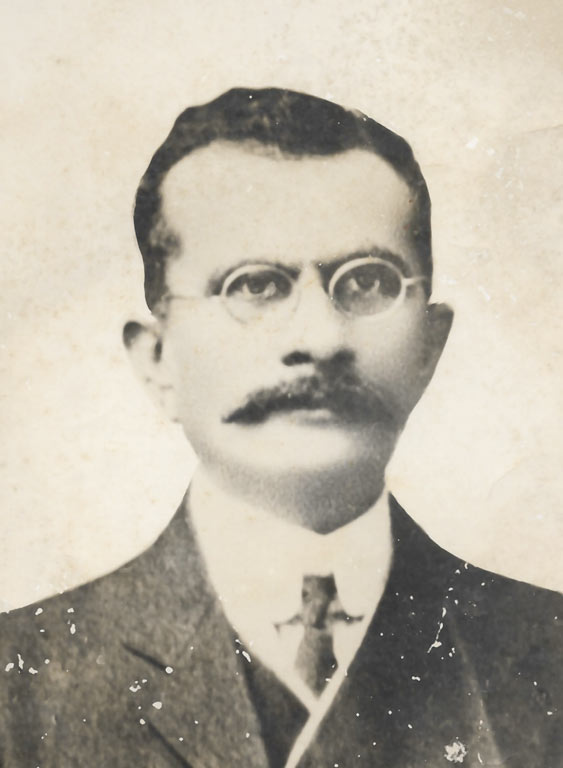
JAMSHEDJI PESTONJI MISTRI
Architect and founding partner of the well-reputed architectural firm Mistri & Bhedwar.

KUNDANLAL LAXMICHAND GUPTA
Architect who designed Oceana along Marine Drive

K. P. DAVER & CO.
Architectural firm that designed Belvedere Court along Oval Maidan.
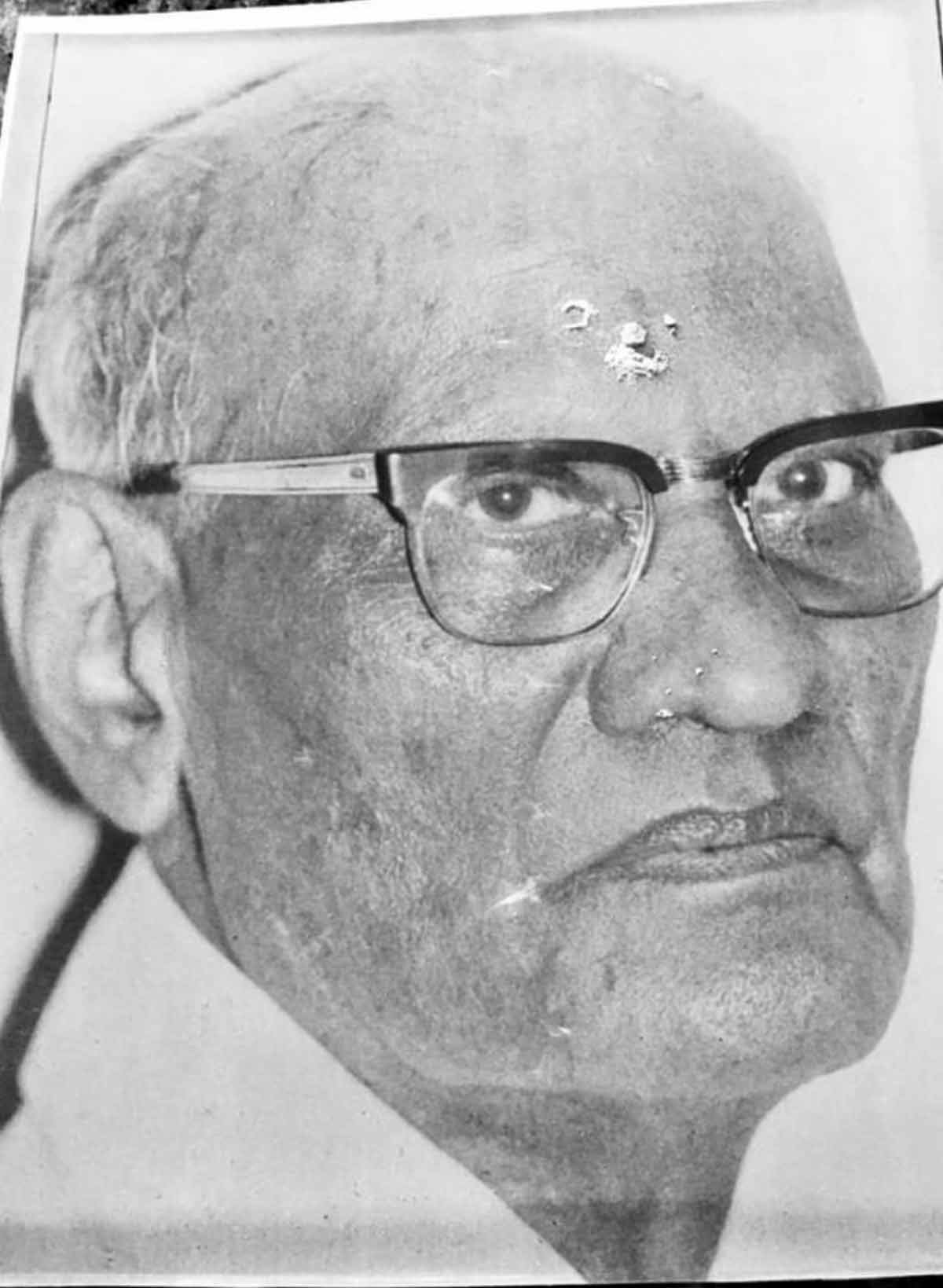
MAGANLAL VORA
Architect and name partner of the architectural firm Suvernpatki & Vora.

MANECKJI DALAL
Architect who worked in the architectural firm of Merwanji, Bana & Co. He is credited for designing Court View formerly known as Rusi Court with G. B. Mhatre as the consulting architect.

MASTER, SATHE AND BHUTA
First all-Indian led architectural firm. C. M. Master, one of the name partners of the firm actively engaged with the architectural department of J.J. School of Arts & served as head of department from 1943-48. Responsible for designing Sonawala Building.

MERWANJI, BANA & CO.
An innovative firm responsible for the design of some of the most flamboyant buildings such as Shiv Shanti Bhuvan & Rajjab Mahal, Framroz Court, St. James Court and Court View with Maneckji Dalal and G.B. Mhatre as consulting architect.
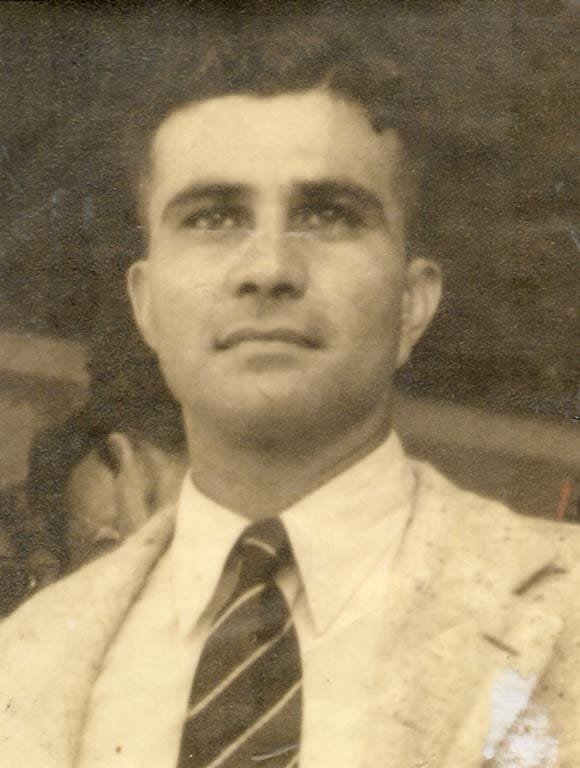
MINOCHER (MINOO) J. P. MISTRI
Son of Jamshedji Mistri of the architectural firm Mistri & Bhedwar. After his father’s death, he and his sister partnered with D. W. Ditchburn to form the architectural practice of Ditchburn, Mistri & Bhedwar.

MISTRI & BHEDWAR
Architectural firm established in partnership between Dhunjishaw Pestonjee Bhedwar and Jamshedji Pestonji Mistri in 1890. The firm had the highest reputation for fair-dealing and integrity. Commisioned to build Palm Court, and Roshera.

P. C. DASTUR
Architect of the three identical buildings along Marine Drive: Keval Mahal, Kapur Mahal and Zaver Mahal.
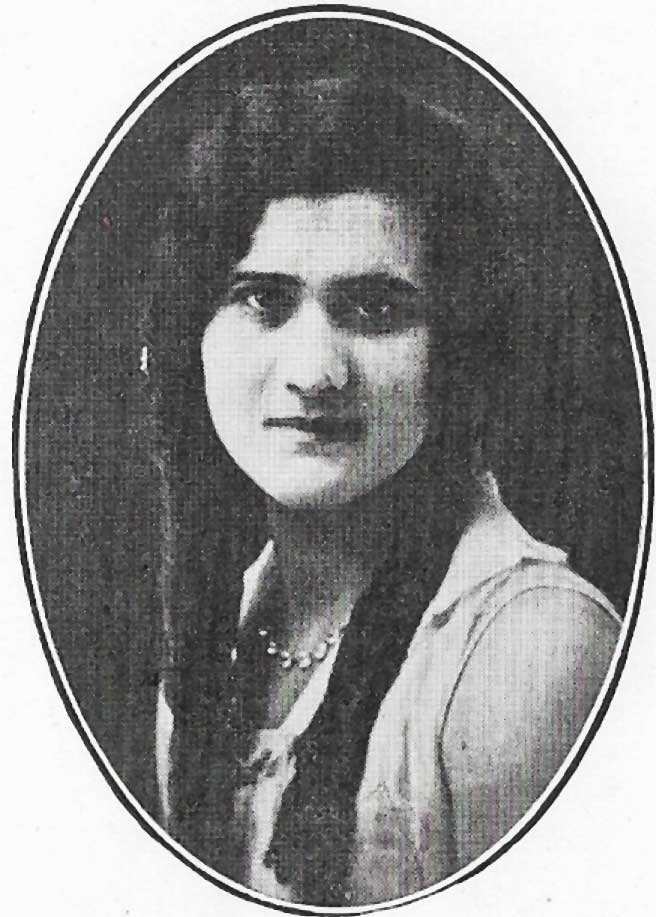
PERIN J. MISTRI
First-registered lady architect of India, daughter of Jamshedji Mistri of the architectural firm Mistri & Bhedwar. After their father’s death, she and her brother Minocher Mistri partnered with D. W. Ditchburn to form the architectural practice of Ditchburn, Mistri & Bhedwar.

POONAGER & BILIMORIA
An established firm with Poonager a well-known civil engineer as the name partner. An important firm as they got many building commissions at a time when few were given to Indians. G.B. Mhatre served as the chief architect for this firm during the early period of his career. Commissioned to build Sunshine with G.B. Mhatre.

SHAPOORJI PALLONJI & CO.
Indian contracting firm that acquired its first construction commission at the turn of the 20th century. In the following decades, they were executing some of the largest building commissions of the time.
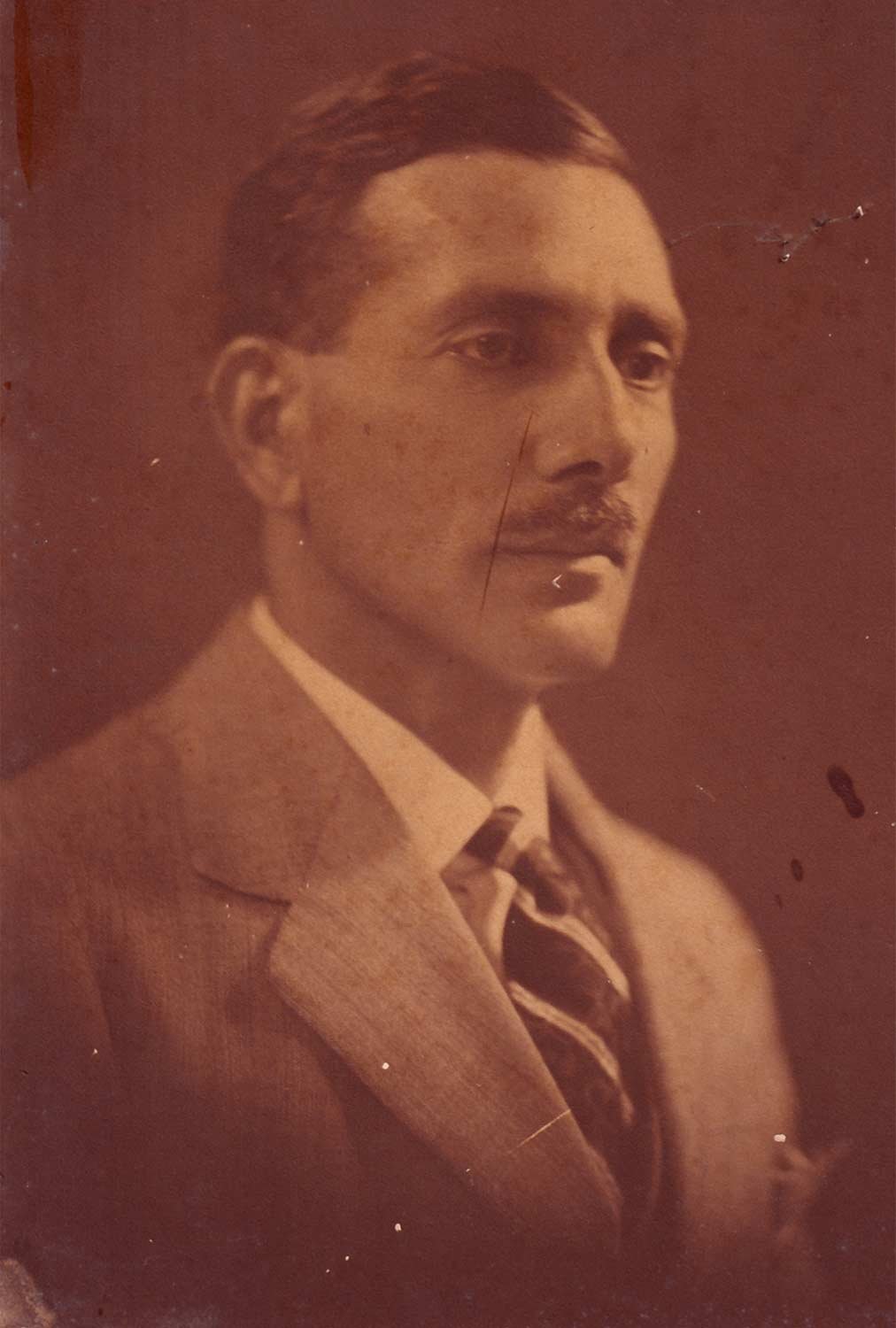
SOHRABJI BHEDWAR
Architect of the iconic Eros Cinema and name partner in architectural firm Bhedwar & Bhedwar.
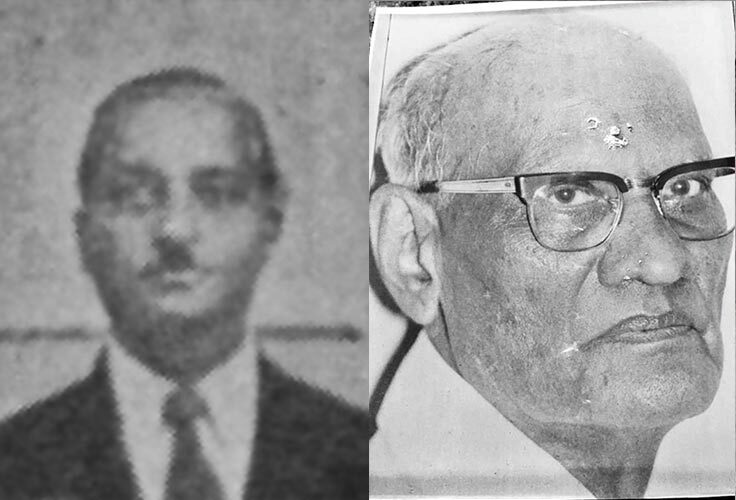
SUVERNPATKI & VORA
Architectural firm with V. M. Suvernpatki & Maganlal Vora as partners. They designed Soona Mahal & Sea Green Hotel with G. B. Mhatre as consulting architect.

SYKES, PATKAR & DIVECHA
Architectural firm that designed Swastik Court along Oval Maidan.
Click on the building names of all the Art Deco buildings below to explore them:
Victorian Gothic:
David Sassoon Library & Reading Room
University Complex – University Library with Rajabai clocktower & University Convocation hall
Mahendra Mansion
Maharashtra Police Headquarters
Bombay High Court
Public Works Department building
City civil & Sessions Court
Elphinstone College
Indo Saracenic:
Majestic Aamdar Nivas
Chhatrapati Shivaji Maharaj Vastu Sangrahalaya (CSMVS)
Western Railway Headquarter Offices
Neo Classical:
The Army Navy Building
Standard Chartered Bank building
Institute of Science
Sir Cawasji Jahangir Hall (NGMA)

